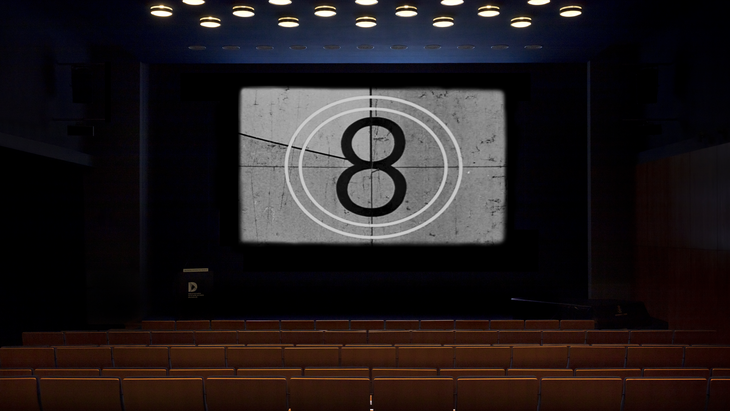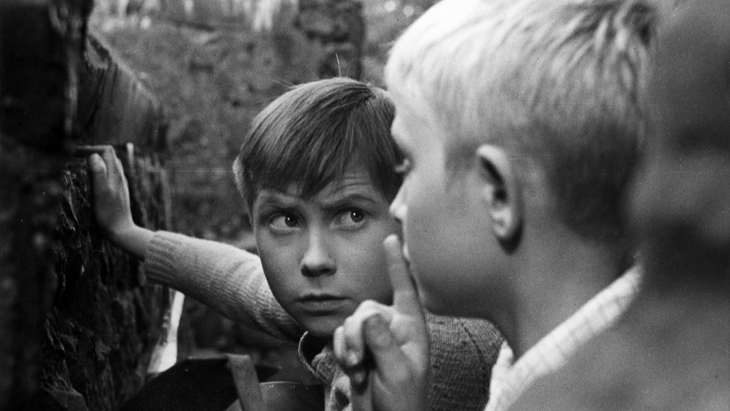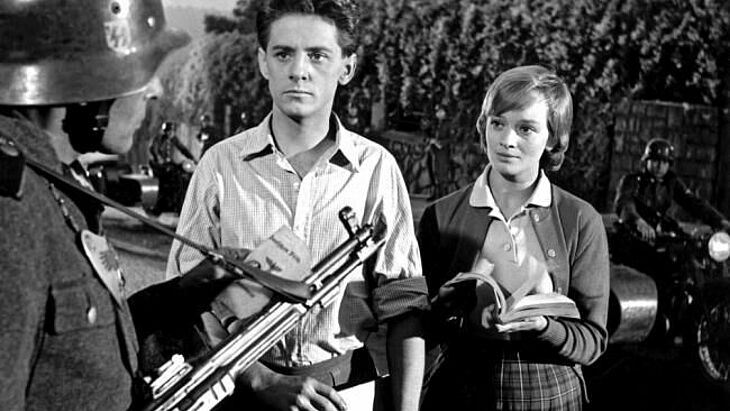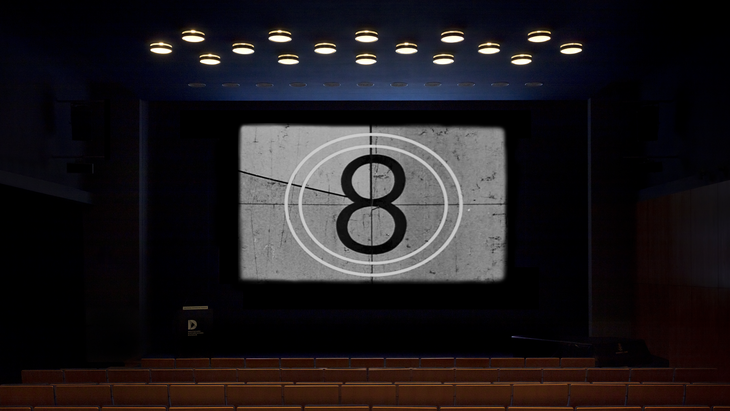"The chancellor wants a hard line..."
The Film Censorship of the Interministerial Committee for East/West Film Affairs
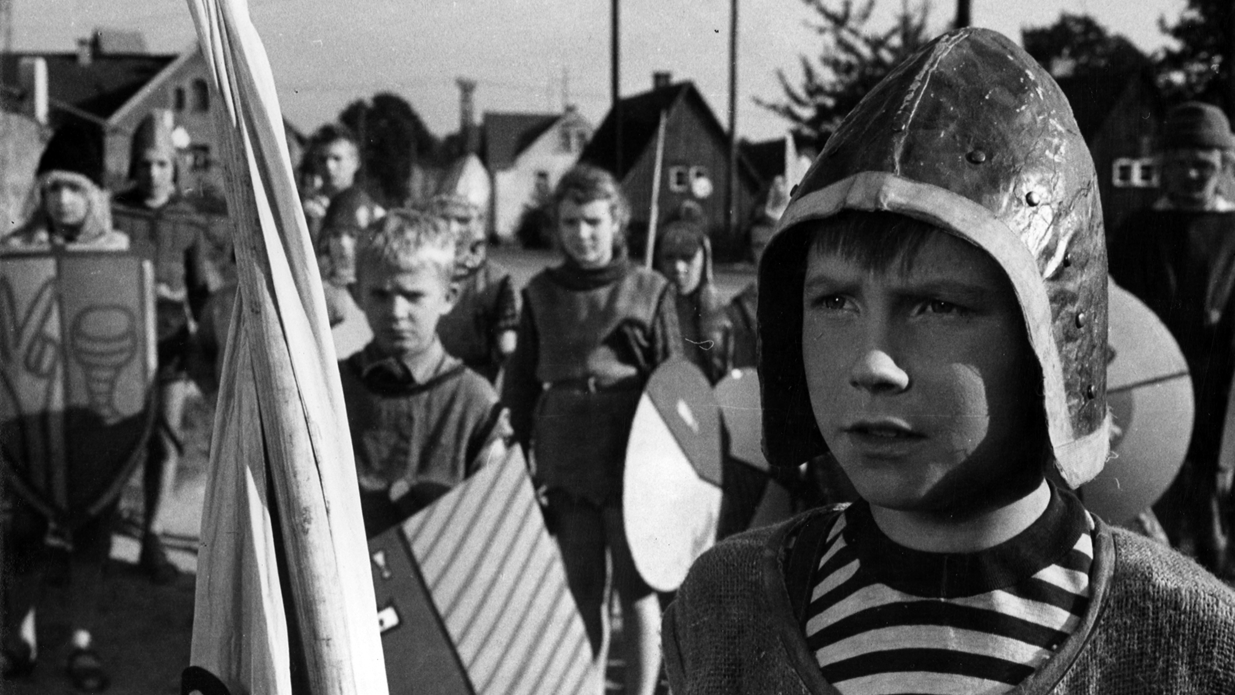
During the Cold War, the political and cultural battle was fought tooth and nail. This included the censorship of politically unpopular films, although political censorship was officially prohibited in the Federal Republic. Against the backdrop of the ideological confrontation with communism, however, Bonn authorities did not shy away from reviewing the content of films from the Eastern Bloc before releasing them to West German cinemas. Between 1954 and 1966, the "Interministerial Committee for East/West Film Issues" screened more than 3,000 films from the GDR, Poland, Hungary, the CSSR, the Soviet Union and other socialist countries. In more than 150 cases - most of them involving DEFA productions - the committee prohibited public screenings or made them dependent on editing requirements. This practice only became public in a few prominent censorship cases, such as Der Untertan by Wolfgang Staudte. Most of the committee's decisions remained unknown. Only in the course of the 1960s did left-wing liberal journalists question the criteria of censorship.
In six thematic programs, the film series sheds light on the activities of the Interministerial Committee and the motives behind political censorship in the Federal Republic. Why were certain films not released for screening, or only released with restrictions? Did content-related or aesthetic criteria dominate? How did the affected distributors, festivals and producers react to the decisions?
The extent of influence was considerable, as can be seen from the example of individual films whose importation was obstructed by the committee. The officials involved were not only offended by the cinematic reappraisal of the Nazi past and the portrayal of German war crimes. Positive portrayals of life in the socialist states met with reservations, as did ideological criticism of Western culture. In the case of political conflicts such as the Vietnam War, the committee also endeavored to ensure that critical counter-positions did not find their way onto the screen in the first place. The distribution of children's films with political undertones was also restricted. A communist influence on the audience was to be prevented.
The film series "The Chancellor Wants a Hard Line ..." Film Censorship of the Interministerial Committee for East/West Film Issues is produced in cooperation with the Hannah Arendt Institute for Research on Totalitarianism in Dresden.



